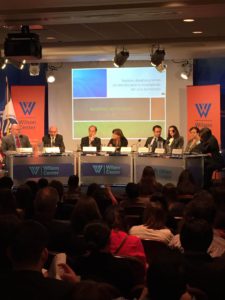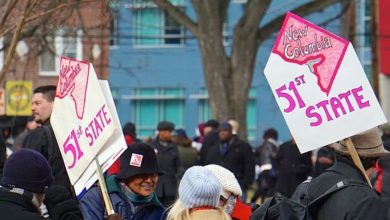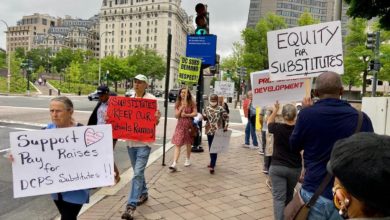 In September of 2014, 43 students of the Ayotzinapa Rural Teachers’ College went missing in Iguala en route to Mexico City to remember the 1968 Tlatelolco Massacre where they landed into several skirmishes with the police which resulted in their subsequent abduction. Ever since the disappearances, waves of protests have emerged internationally demanding for answers. Now thanks to a group of experts there may be some light shed on this case.
In September of 2014, 43 students of the Ayotzinapa Rural Teachers’ College went missing in Iguala en route to Mexico City to remember the 1968 Tlatelolco Massacre where they landed into several skirmishes with the police which resulted in their subsequent abduction. Ever since the disappearances, waves of protests have emerged internationally demanding for answers. Now thanks to a group of experts there may be some light shed on this case.On Wednesday May 25, the Mexican Professionals Network hosted a panel conversation on the investigation and findings regarding 43 students. The event was hosted at Wilson Center’s Mexico Institute and the Washington Office on Latin America (WOLA) in Washington, DC. Since their disappearance, only one student- Alexander Mora Venancio’s DNA has been traced through a bone fragment found allegedly at the San Juan River where the GIEI believe the Mexican government tampered with evidence. The Group of Experts was appointed by the Inter-American Commission on Human Rights (IACHR) to provide investigative assistance on the case of the missing 43. In their final report of the investigation they have discovered that there is a suggestion of tampering with evidence and interference in the case from the Mexican government, according to a summary article highlighting the main findings on the website for WOLA. The summary article also makes note that in the previous report released in September 2015 that the Group of Experts have scientifically disproved the Mexican government’s claim that the students were “killed and burned at a trash dump.” This claim was later further scientifically disproven by a group of Argentine forensic analysts (Equipo Argentino de Antropología Forense, EAAF) in February 2016.
Another key finding shows that there was cell phone activity on the phones of the missing students days after they disappeared. The investigations also uncovered that 80 percent of the suspects being questioned were tortured in detainment, the Mexican military didn’t cooperate with the investigation and there was negligence in the way that the government investigated the case to drug trafficking. At the event one of the panelists mentioned that the experts are looking into how the Mexican government is going to continue the investigation amongst the allegations of torture. The experts hope that their role could set an example for other lawyers in other countries to pursue such cases and force people to ask how to address a broader criminal justice system.






